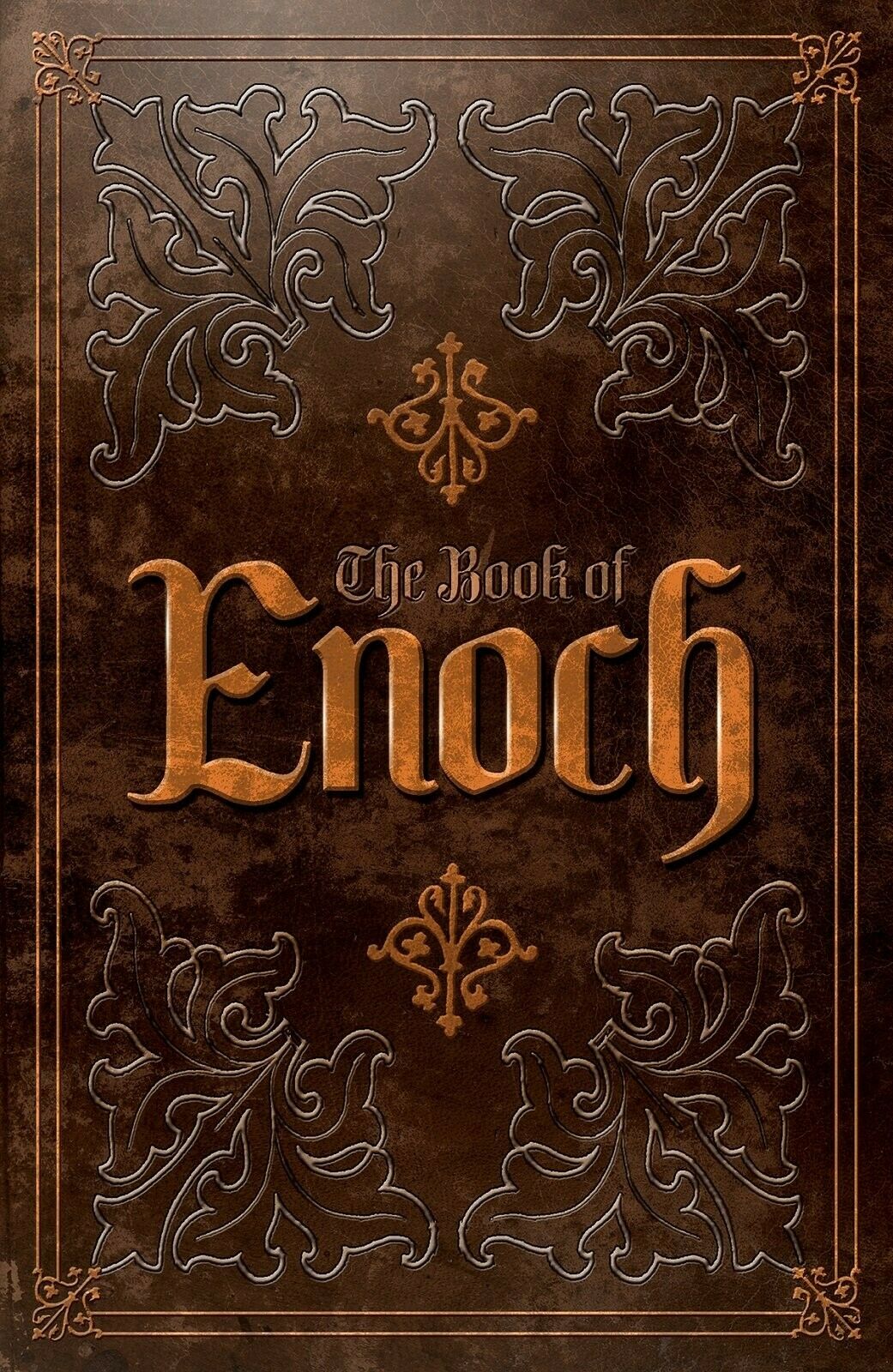The Book of Enoch: A Mysterious Text with a Powerful Message

The Bible is filled with incredible stories, prophecies, and teachings that guide believers in their faith. But there are also ancient texts that, while not included in the official biblical canon, still spark interest among Christians. One such book is the Book of Enoch, an ancient Jewish work that has fascinated scholars, theologians, and seekers of truth for centuries.
What Is the Book of Enoch?
The Book of Enoch is an ancient Jewish text attributed to Enoch, the great-grandfather of Noah. Enoch is a mysterious figure in the Bible who “walked with God” and was taken to heaven without experiencing death (Genesis 5:24). The book itself is a collection of writings, believed to have been composed between the 3rd century BC and the 1st century AD.
While it is not part of the official biblical canon for most Christian denominations, the Book of Enoch was widely read in early Jewish and Christian communities. In fact, some of its themes appear to have influenced certain New Testament passages, especially in Jude and 2 Peter.
What Does the Book of Enoch Teach?
The Book of Enoch is divided into several sections, each dealing with different themes:
- The Watchers and the Nephilim
One of the most well-known stories in Enoch describes the “Watchers,” a group of angels who descended to earth and sinned by taking human wives. Their union produced the Nephilim, giant beings that caused great corruption on the earth. This account expands upon the brief mention in Genesis 6:1-4, where “the sons of God” took human wives and bore “mighty men of old.” - Enoch’s Journeys to Heaven
The book details Enoch’s heavenly visions, where he is taken to see the mysteries of creation, the workings of the cosmos, and the fate of the righteous and the wicked. - Judgment and Prophecies
The Book of Enoch speaks extensively about the coming judgment of the fallen angels, the wicked, and the final restoration of God’s kingdom. It describes the coming of the “Son of Man,” a messianic figure who will judge the earth—language that echoes Jesus’ own words in the Gospels.
Why Was the Book of Enoch Removed from the Bible?
Although the Book of Enoch was respected in ancient times, it was not included in the Jewish or Christian biblical canon, except for the Ethiopian Orthodox Church, which still considers it scripture. Some possible reasons for its exclusion include:
- Too mysterious and apocalyptic – Its descriptions of fallen angels and heavenly journeys may have been considered too speculative.
- Lack of clear authorship – Unlike other books in the Bible, its origins were uncertain, and scholars questioned whether it was truly written by Enoch.
- Doctrinal concerns – Some teachings in Enoch go beyond biblical revelation and could have been viewed as problematic.
Should Christians Read the Book of Enoch?
While not part of the official Bible, the Book of Enoch provides fascinating insights into Jewish thought and early Christian ideas. The New Testament book of Jude even quotes directly from it (Jude 1:14-15), showing that early Christians were aware of its teachings.
Reading it can help deepen our understanding of biblical themes, especially the nature of angels, judgment, and the coming of the Messiah. However, since it is not Scripture, it should be read with discernment and tested against the Bible itself (1 Thessalonians 5:21).
Conclusion: A Book That Points to Christ
Even though the Book of Enoch is not in the Bible, its prophecies about the Son of Man and final judgment remind us of the hope we have in Jesus Christ. It serves as a witness to God’s ultimate justice and the triumph of righteousness.
As followers of Christ, our focus remains on the inspired Word of God—the Bible—but exploring ancient writings like the Book of Enoch can help us appreciate the historical and spiritual context of our faith.
What do you think about the Book of Enoch? Have you read it? Let me know in the comments!












this book is no more a mystery than scripture. if you have been a christian for a while it should be clear to you, as the book of jude. wrath is coming to the world. the rapture is coming to the saints.